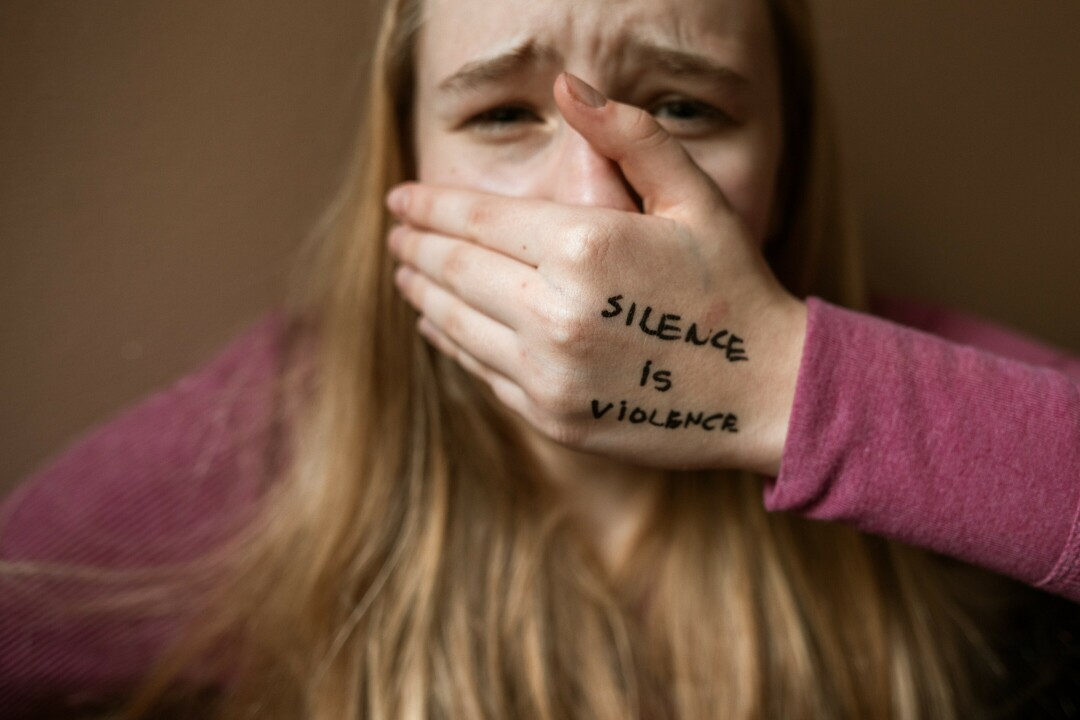Signs Of Emotional Abuse & What To Do
Sunday Oct. 16th, 2022

Emotional abuse can be just as serious as physical abuse. It can take the form of shaming, controlling, blaming, humiliating, or neglecting someone in a repeated manner.
Gaslighting is a term that has been used more recently regarding emotional abuse. With gaslighting, the abuser may deny events that happened, turn the blame back on the abused, or engage in other behavior that makes the abused question their own reality and sanity.
People who are emotionally abused sometimes turn to alcohol or other drugs in an effort to escape the difficulty of their experience. Alcohol use is widespread in the U.S., and alcohol is the second-most abused substance in the U.S., behind only tobacco.
Alcohol addiction treatment today is very effective in helping to free people from their dependency on alcohol, begin to address underlying issues and get their life back.
Identifying Emotional Abuse
Many more women than men in the U.S. experience violence from a partner, including emotional abuse – one in four women, to be exact.
Even though emotional abuse is fairly common, it isn’t always easy to identify. If you are concerned that you might be living with an emotionally abusive partner, here are some signs to look for so that you can get help.
1 You feel controlled.
Your partner wants to know where you are, what you’re doing, and who you're with at all times. They won’t let you go to certain places or see certain people. They might also demand that you keep in constant contact with them. If they find out that you went against their demands, they get very angry and/or jealous.
2 Your privacy is invaded or ignored altogether.
Your partner might demand to know your passwords to your phone, computer, and social media. They don’t want you to, or won’t allow you to, lock or even close the doors to rooms you’re in, especially if you are in the midst of an argument.
3 You are being bullied or made fun of.
This type of emotional abuse can be slightly easier to spot. People who really care about you wouldn’t call you names or tell you that you’re stupid, ugly, or fat. Your partner might even do this in front of your family or friends.
4 You are being threatened.
Any threats of abuse should be taken seriously. This might include your partner threatening to hurt you, a pet, or themselves if you won’t do what they ask. It can also involve a threat to call the cops to report your “wrongdoings.”
Emotional abuse usually involves a combination of the above. The behavior isn’t a one-time thing but happens on a regular basis.
Getting Help for Emotional Abuse
Emotional abuse can sometimes escalate into physical abuse. If you are frightened of your partner for any reason, immediately get to a safe place if you can. Call 911 if you need assistance.
If it is not an emergency situation, the National Domestic Violence Hotline, at 1-800-799-SAFE (7233) or via texting “START” to 88788, offers 24/7 help 365 days a year. It is also a good resource for finding local providers and resources.
Although it may be tempting to try to “fix” your partner by engaging with them, this is usually not possible. They need professional help, but your safety is your primary concern.
Put your needs first, build a support network if there’s time, and get out of the relationship as quickly as possible. Therapy is something to explore to help with your healing.
Final Thoughts
Like physical abuse, emotional abuse is a form of violence that should be taken seriously. If you notice any of the above regarding the way your partner or anybody else you interact with regularly is treating you, it’s important to take action to protect yourself. What’s happening isn’t your fault, and you deserve to feel safe and supported.
| Tweet |